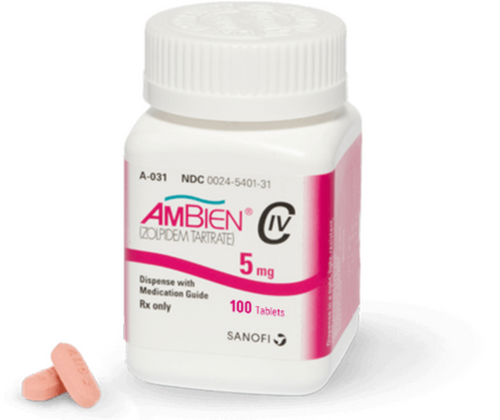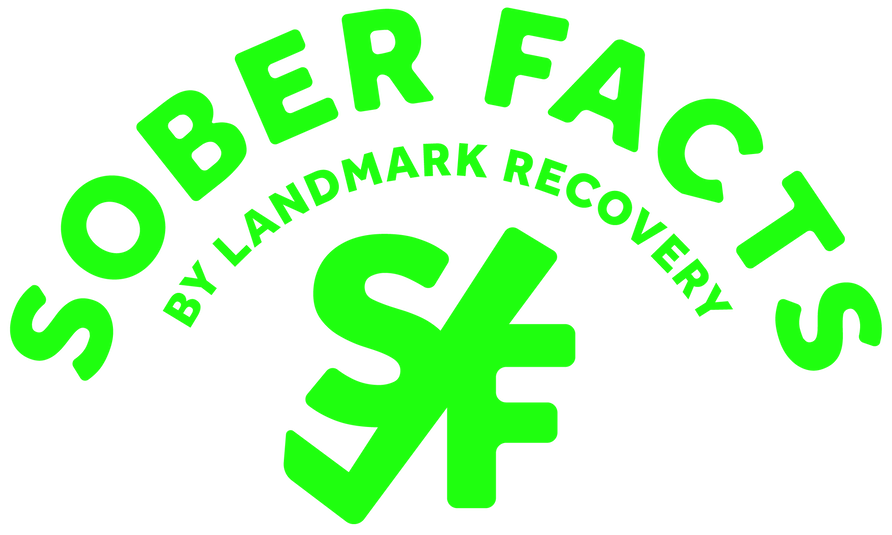Choosing recovery close to home means your support system is just a few miles away.
- 100% Confidential
- Available 24/7
- No Pressure to Commit
- Multiple Financial Options Available
Choosing recovery close to home means your support system is just a few miles away.

Sounds Like: Am.b.in
Classification: sedative-hypnotic
Controlled Substance Act Schedule: IV
Other names for Ambien

Ambien is the brand name for the drug zolpidem. Use of zolpidem can lead to dependence. When taken in high doses the drug can produce euphoric and hallucinogenic effects. The drug is typically prescribed as a short-term treatment for sleep problems such as insomnia. Ambien produces a calming effect in the brain, allowing most people to fall asleep and stay asleep easier. Zolpidem is not a muscle relaxer like a benzodiazepine. It is only a sleep inducer.
Need help with Ambien or another drug addiction?
Call Landmark Recovery and speak with an admission specialist today.
Call NowWe're available 24/7 to help you find Recovery
Ambien, or zolpidem was developed to help people fall and stay asleep. It produces a calming effect in the brain, acting as a sedative-hypnotic. The drug is intended to help those struggling with insomnia or other sleep disorders.
Ambien or zolpidem typically comes in a pill form and is swallowed. Some forms of the drug are layered, allowing it to slowly dissolve and inter the bloodstream in order to sustain its sleep inducing effects. Some people crush and snort Ambien, or even mix it with water and inject it. This can amplify the effects of sedation and cause the drug to act much faster.
The most common side effect of Ambien is drowsiness, dizziness, loss of coordination. Those who abuse zolpidem may hallucinate.

The most common side effect of Ambien is drowsiness, dizziness, loss of coordination. Those who abuse zolpidem may hallucinate. Long-term side effects of Ambien include digestive problems, chronic fatigue, headaches, dry mouth, muscle pain and loss of muscle control. You can overdose on zolipdem by taking too much of it.
More serious side effects of zolipdem include:
Drug makers originally marketed zolpidem as a safe alternative to benzodiazepines. Some stated it could not be easily abused. However, over the years we’ve seen thousands of people become dependent on Ambien. The drug is highly habit-forming. Physical dependency on Ambien can occur within two weeks.
Signs of an Ambien addiction include:
Tolerance, or needing more than the prescribed amount
Cravings
Compulsive use
Snorting the drug
Taking it to produce a euphoric feeling
Inability to fall asleep without the drug
Taking the drug longer than originally prescribed
Tiger Woods, Lindsey Lohan and Eminem have all publicly discussed their addiction to Ambien.
About 38 million adults in the United State use zolpidem to achieve better sleep.
Some Ambien users reported sleepwalking episodes. There are even reports of people driving, while using the drug and not remembering the trip.